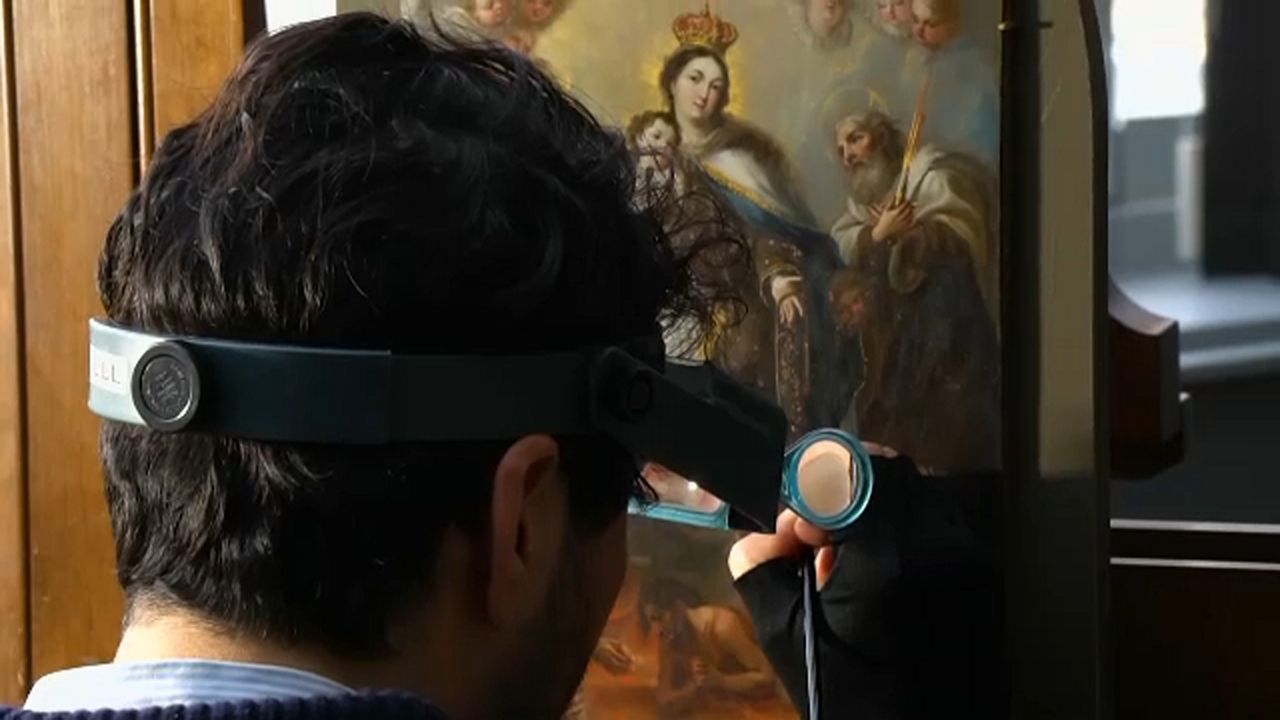There's been considerable buzz about New York City's new "nightlife mayor" over the last couple of months after Ariel Palitz, a fifth-generation New Yorker and a former nightclub owner, was tapped for the post.
Officially the Senior Executive Director of the Office of Nightlife, created by Mayor Bill de Blasio to smooth out the decidedly frayed (at worst) and badly creased (at best) relations between New Yorkers and hospitality businesses, Palitz is no shrinking violet.
In her first television interview about her new job, Palitz talked with NY1's Vivian Lee about what she wants to fix in the city that she described as working hard and playing hard. Here's a portion of that conversation:
Vivian Lee: Are you the first "nightlife mayor" in the U.S.?
Ariel Palitz: No, there's one in Seattle, Florida, Pittsburgh, many others. There are over 30 nightlife offices around the world. It's a very interesting and tight community and family, and they've been working together internationally and within the States, to create really good practices and guidelines for a new office such as this. Obviously, New York has its own unique challenges due to its sheer size and diversity. But there's a lot to learn from what's going on around the world. And there's a global movement happening in understanding the night time economy and the attention it needs.
VL: Was NY1's story on you (on March 27, Palitz attended a meet-and-greet at a DIY space in Bushwick to meet residents, artists, and business owners) the first leg of your listening tour?
AP: That wasn't really part of an official listening tour. But I feel like my listening tour began the moment I was hired — appointed — for the job. We have official town halls that have yet to happen. But that was just me showing up to discuss DIY spaces. I was invited to that.
[DIY] is sort of a relatively new term for underground creative communities, and that's exactly what it is, with artists and curators coming together and sort of co-opting a space. There are resident artists that stay in that space, hold events.
VL: That was a crowded one too — standing room only!
AP: Literally everyone was hanging from the rafters.
VL: What did they think you could get them, in terms of help, as "nightlife mayor"?
AP: I think for the most part, what they're looking for is to be heard and to be recognized as vitally important. And they often take over locations that might not necessarily have been created for a space like that, so they're looking for guidance on how to make these quasi-legal spaces compliant, so that they CAN operate legally and safely. These are creative communities that want to be compliant, but there's a long road, so they look to this office to help guide them to achieve that.
VL: Tell me about it — [my husband and I are] going through this renovation process. If it were anywhere else [in the] USA, in this country, it would be pretty easy, but there are two building codes here to reconcile!
AP: Yes, and that's actually a perfect example of what hospitality operators have to go through. What you're experiencing with your residential space, people are dealing with that with their businesses every day — the conflicts that sometimes arise between different city agencies, and the lack of cooperation or unison between them. It can be expensive, it can mean many unnecessary delays and so a lot of what this office is [about] is to create a better working relationship between the agencies.
VL: Some of your critics have said you will always take the side of the nightclub or bar owner, that you won't have your mind geared towards what the communities want (Palitz used to own the Sutra Lounge).
AP: Well, I don't think those critics know who I really am. When I sat on Community Board 3, I was actually appointed in order to represent the business community's perspective, but that is not my only perspective. I am a native New Yorker. I do love New York. I am New York-centric. And I've lived above a bar. I understand the discomfort that comes with living in and around and above a nightclub or an area that's saturated with it. But to say that I don't love and respect every single aspect of the city — the residents, the community, the culture, the operators — is not an accurate portrayal of my feelings.
Everything this office will do is intended to bring support and harmony to the industry and to the communities they reside in. I also think there is a relief and excitement about the fact there is an office of nightlife, a central place where we can all work together under one umbrella, and maybe help relieve some frustration for everyone. This is an ecosystem of nightlife and community.
You can see much more arts, culture, and entertainment on "Spotlight NY," Saturdays and Sundays at 7 and 10 p.m.









